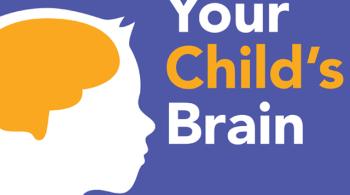Down syndrome, also known as Trisomy 21, is the most common and readily identifiable chromosomal condition associated with intellectual disabilities. It is a genetic disorder that occurs in approximately one of 700 births in the United States.
What Causes Down Syndrome?
Down syndrome is caused most often by an abnormality during cell division in gamete formation called nondysjunction. As a result, the fertilized egg will contain three copies of chromosome 21. The extra chromosome interferes with normal growth and development. In most cases, a diagnosis is made according to results from a chromosome test administered shortly after birth. Although parents of any age may have a child with Down syndrome, the incidence is higher for women of advanced age (i.e., over 35 years of age).
What are the Symptoms of Down Syndrome?
There are over 50 clinical signs of Down syndrome, but it is rare to find all, or even most, of them in one person. Among the most common symptoms are low muscle tone, short stature, an upward slant to the eyes and a single deep crease across the center of the palm. Additional symptoms may include:
- Excessively loose joints
- Ear, nose, and throat problems (e.g., ear infections, hearing deficits)
- Eye disease, vision loss
- Congenital heart defects
- Obstructive sleep apnea
- Thyroid dysfunction
- Gastrointestinal (GI) tract abnormalities (e.g., chronic constipation, intermittent diarrhea, gastroesophageal reflux, obstruction)
- Swallowing difficulties, uncoordinated chewing
- Seizures
Individuals with Down syndrome are also at a significant risk for neurological problems, including intellectual disability and epilepsy. Later in life, they will be at a high risk of developing Alzheimer's disease.
For children, Down syndrome often causes significant challenges with cognitive, speech and language function. It is also linked to hearing and vision problems. Some may experience secondary conditions due to unrecognized or chronic challenges with sleep, behavior and emotions.
How is Down Syndrome Treated?
At Kennedy Krieger Institute, our team of experts provides evaluations, consultations and treatment in the following areas:
- Medical care
- Audiology
- Physical therapy
- Speech and language therapy
- Behavioral psychology
- Nutrition
The following services are provided in the clinic, home, school and other community settings:
- Clinical psychology
- Social work
- Occupational therapy
For More Information:
Learn more about treatment options at Kennedy Krieger by visiting our Down Syndrome Clinic and Research Center page:
Down Syndrome Clinic and Research Center









